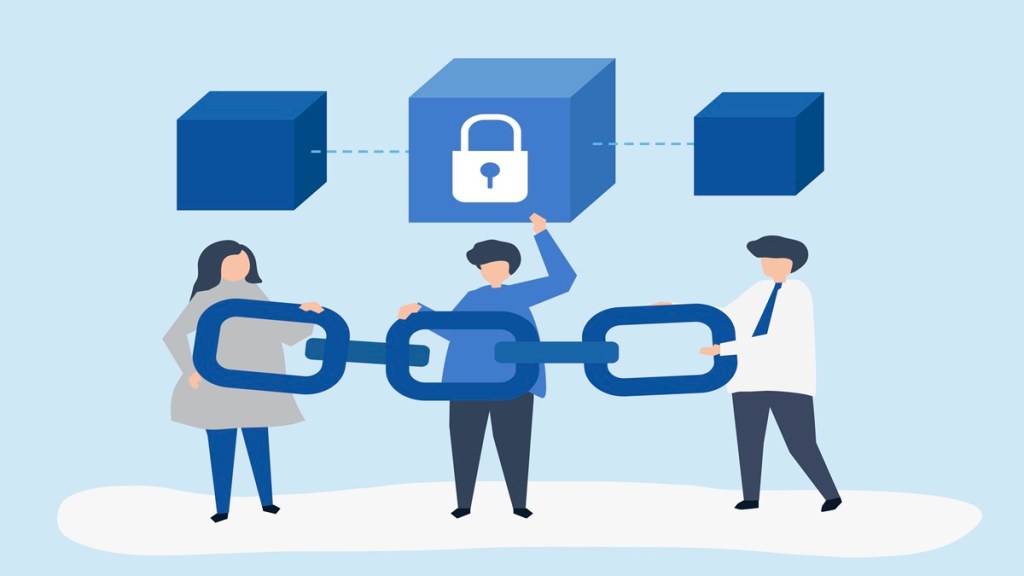As it reaches out to the population that is the most tech-savvy in the world to spur economic growth, South Korea aims to provide residents with smartphones with a digital identity that is protected by blockchain, as reported by Bloomberg.
A digital economy that has grown as more individuals work from home, do cashless transactions, and explore the metaverse is supported by a number of developing technologies, including smartphone-implanted IDs.
Digital IDs make it easier to be verified online since they eliminate the requirement to take a picture of a certificate or use text-based authentication to log in. Instead, actions like transferring money, voting, or even qualifying for government benefits are as close as a pin or fingerprint.
“Digitals IDs can yield huge economic benefits in finance, healthcare, taxes, transportation, and other areas and may catch on quickly among the Korean population,” said Hwang Seogwon, an economist at Korea’s Science and Technology Policy Institute.
Bloomberg further noted that digital IDs have the potential to enhance a country’s gross domestic product by up to 13% and reduce company expenses by trillions of dollars, according to the World Bank and McKinsey & Co.
The McKinsey projection is predicated on the widespread use of digital IDs, time savings in administrative tasks, a decrease in payroll fraud, an increase in consumer credit, improved trade, and the emergence of new markets.
For identification purposes, Koreans currently use resident registration cards, which resemble social security cards in the US. The plan calls for an app to incorporate such IDs into mobile devices. In 2024, Korea will introduce digital IDs, with a goal of having 45 million people use them within two years. The requirement for each person to come to a town office and pay a charge in order to renew their registration card may hinder that goal, Bloomberg stated.
Suh acknowledged the issues but expressed certainty that they won’t be as significant as the advantages. He referred to George Orwell’s 1949 novel when he claimed that the administration is likewise aware of the “big brother” fears, Bloomberg further noted.
(With insights from Bloomberg)
Also Read: Tether reduces commercial paper reserves for USDT to zero
